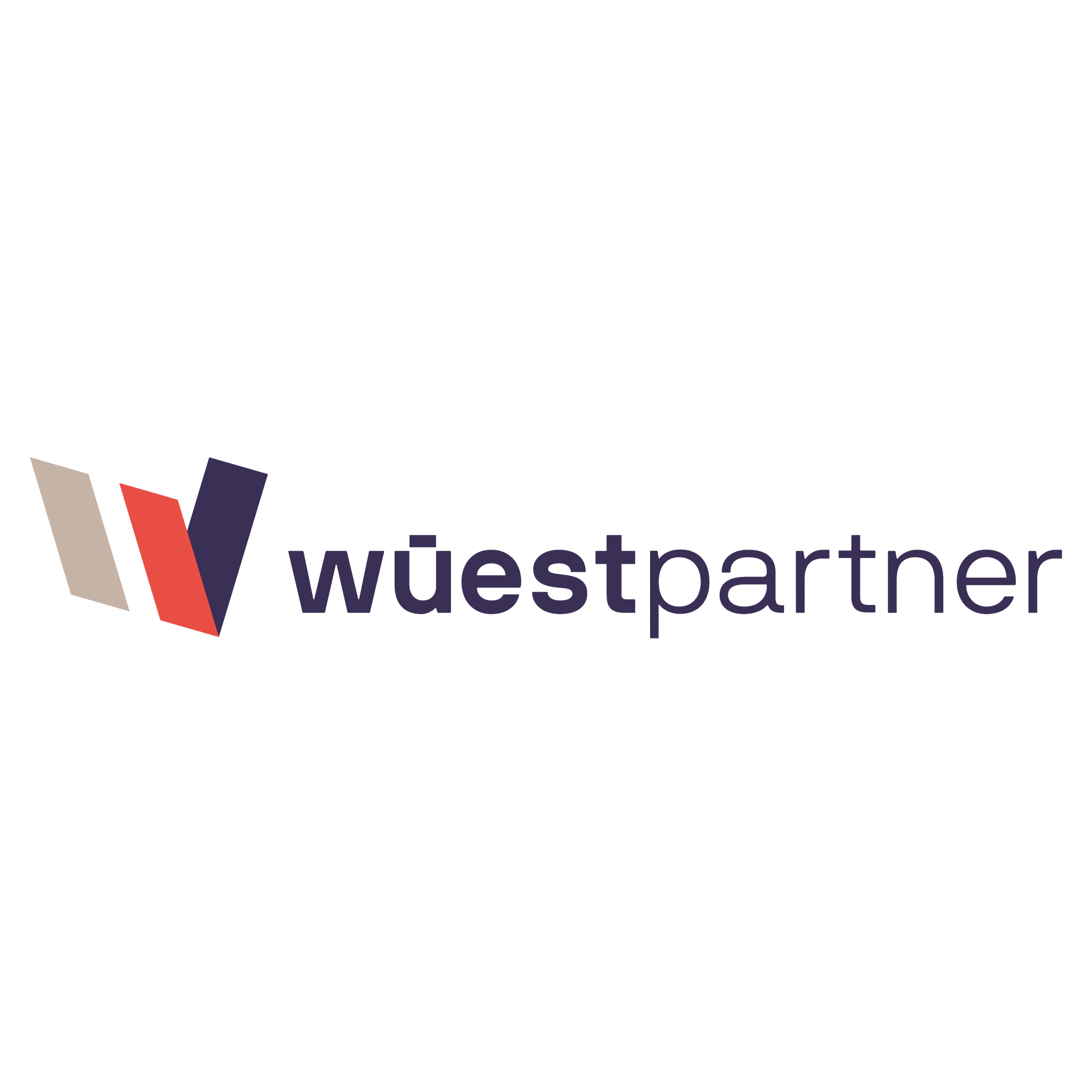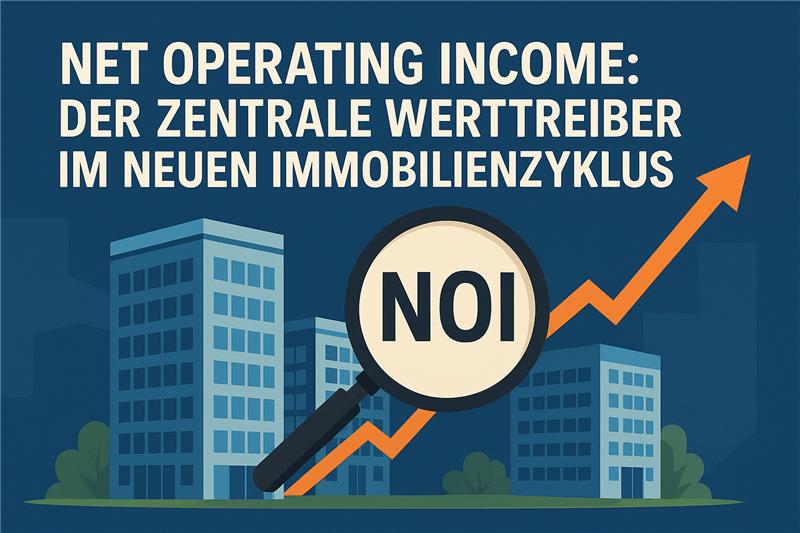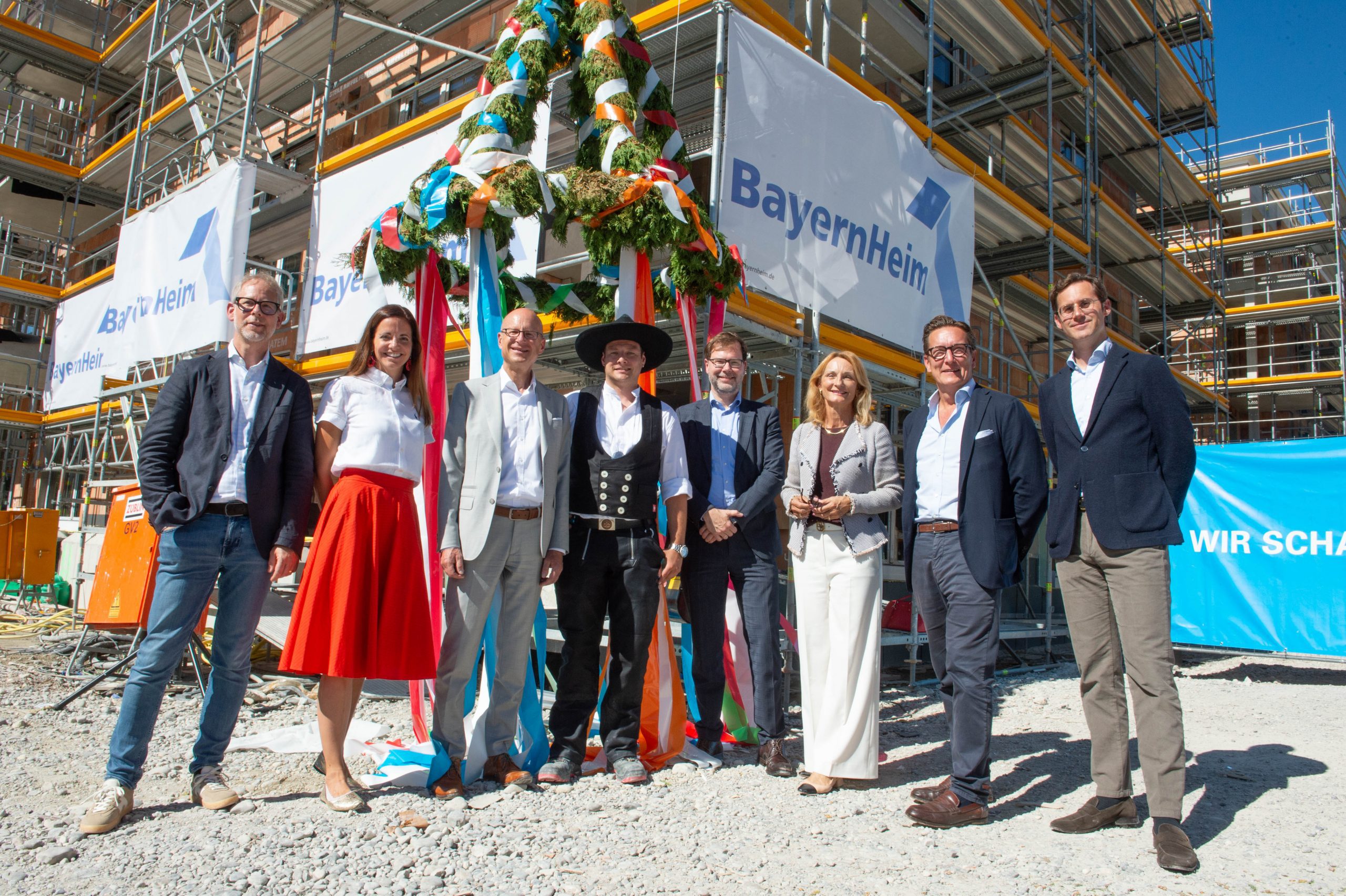Assessments by Emanuel Coskun, Senior Managing Partner at Hines, in the latest Office Report from Wüest Partner
What will become of the office in a time marked by home office, ESG regulations and economic uncertainty? In an interview with Wüest Partner, Emanuel Coskun, Senior Managing Director at Hines Germany, gives an assessment of the future of the office markets in Germany. His impulses are part of the current Office Report Germany 2025 by Wüest Partner, which shows not only extensive market data but also strategic perspectives for the real estate industry.
For Coskun, it is clear that the conversion of the existing building is the greatest challenge and at the same time the greatest opportunity. Many office properties are no longer competitive in terms of energy. However, ESG must not be reduced to individual technical measures for a lower environmental impact. Instead, strategies are needed that holistically encompass the topic of ESG. Increasing pressure from investors, users and regulators reinforces this need for action. “ESG is not an add-on for us, but an integral part of every project and capital decision,” Coskun emphasizes. “The greater risk lies in non-compliance.” The economic challenges of recent years have meant that first-class buildings are more important than ever. According to Coskun, the greatest lever here lies in the interplay of ecological performance and social added value.
Focus on neighbourhood integration and mixed use
At the same time, the functional role of office properties is also changing. Today, location quality is no longer measured solely by the micro-location or the rent level, but by the contribution to urban quality. According to Coskun, holistic usage concepts that combine flexibility, quality of stay and services are in demand. Modular spaces, community offerings and curated user experiences are increasingly becoming the standard.
The office will be part of mixed-use quarters with social infrastructure, good accessibility and a high quality of stay. The requirements for ESG-compliant properties thus also include questions of urban development, mobility and integration into the urban environment.
Operational management as a strategic success factor
For investors and portfolio holders, this means that operational management is coming to the fore. Aspects such as hospitality, services and user loyalty are gaining in importance: “The operation of a property is becoming a key value driver,” explains Coskun. Digital building technology, sensor technology and individual user analytics will become indispensable for this. Hines relies on its own management structures to anchor sustainability not only in planning but also operationally.
Emanuel Coskun’s assessments take up the results of the Office Report Germany 2025. The study examines the development of office properties at 37 locations in Germany and provides in-depth data on rental price spectrums, vacancy development, demographic trends and risk-return profiles. It shows where opportunities lie and which strategies are sustainable in the long term.
The full study can be found at: https://www.wuestpartner.com/de-de/produkt/office-report-deutschland-25/




